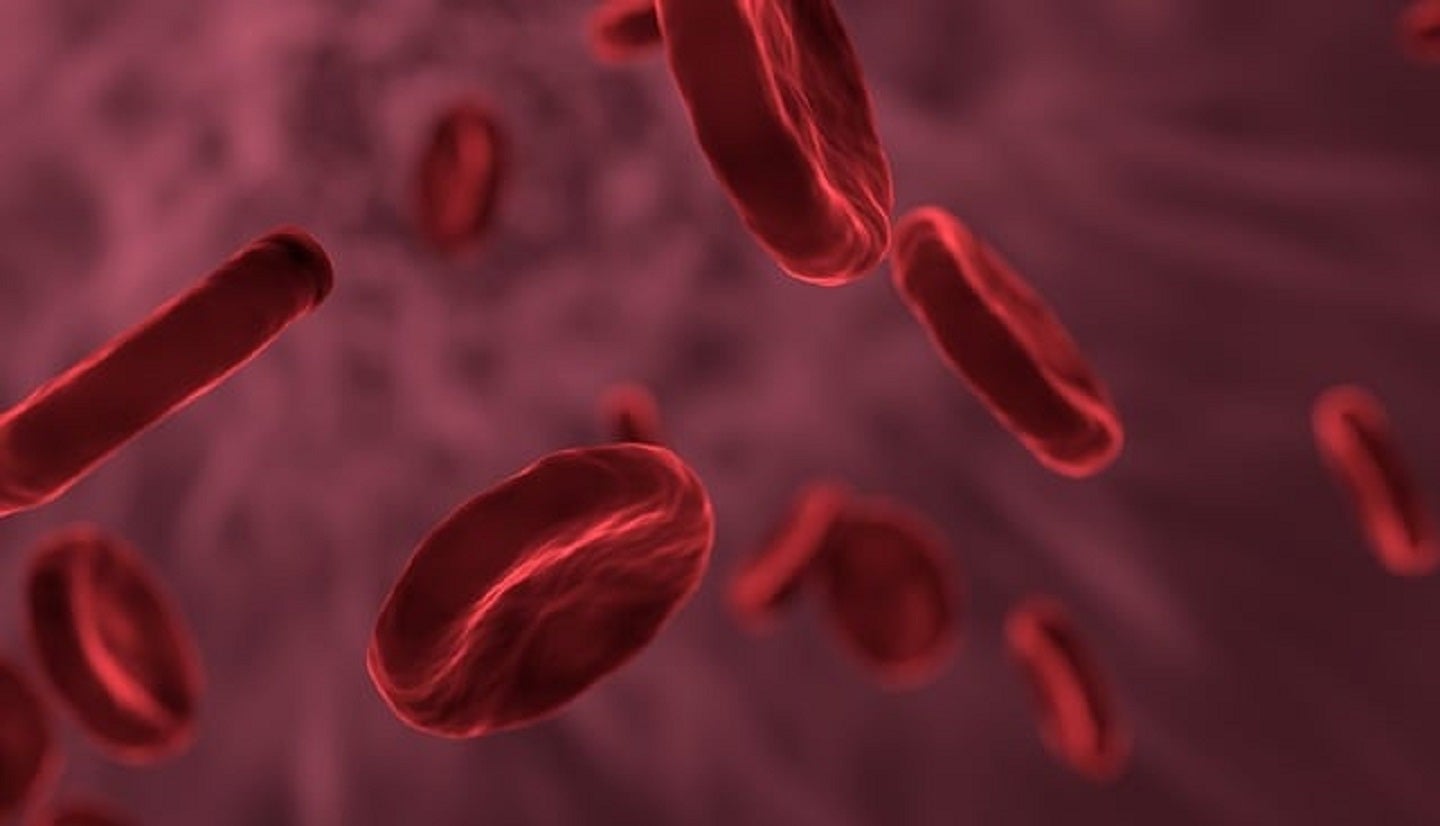
Karyopharm Therapeutics has reported interim data from the Phase II portion of its open-label Phase I/II trial of single-agent eltanexor (KPT-8602) for the treatment of higher relapsed/refractory myelodysplastic neoplasms.
The study treated 30 patients with 10mg eltanexor orally on days 1-5 of each week, until February of this year.

Discover B2B Marketing That Performs
Combine business intelligence and editorial excellence to reach engaged professionals across 36 leading media platforms.
Eltanexor was found to be well-tolerated with manageable safety profile and has promising single-agent efficacy.
It also demonstrated a 31% overall response rate in the efficacy evaluable population and a 27% ORR in the intent-to-treat population.
In the trial, transfusion independence rate for red blood cells and/or platelets was 29% while median overall survival was 8.7 months in both populations.
Karyopharm chief medical officer Reshma Rangwala said: “Existing first-line treatments for higher risk MDS are not typically curative; approximately half of these patients do not respond. Upon progression, median overall survival for these higher risk, relapsed or refractory MDS patients is approximately four to six months.

US Tariffs are shifting - will you react or anticipate?
Don’t let policy changes catch you off guard. Stay proactive with real-time data and expert analysis.
By GlobalData“We are encouraged by the improved overall survival observed to date with eltanexor in this higher risk patient population.
“These preliminary results are promising and reinforce the potential of XPO1 inhibition to provide meaningful clinical benefit to patients with relapsed/refractory myelodysplastic neoplasms.”
Eltanexor is an investigational SINE compound which inhibits XPO1, a nuclear export protein leading to the accumulation of tumour suppressor proteins in the cell nucleus.





